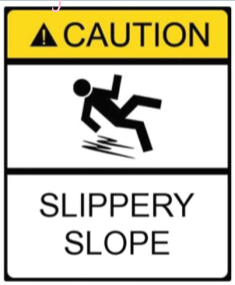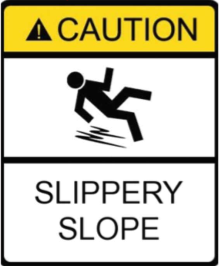PHL 216 Bioethics Mod 2
1/28
There's no tags or description
Looks like no tags are added yet.
Name | Mastery | Learn | Test | Matching | Spaced | Call with Kai |
|---|
No analytics yet
Send a link to your students to track their progress
29 Terms
competent
able to understand and make informed legal decisions
(both Gillian Bennett and Elizabeth Bouvia were competent)
example of not competent cases
persistent vegetative state
some psychiatric cases
Physician assisted death/suicide
patient gives/ingests the lethal dose, not the doctor
euthanasia (generally)
ending another person’s life for merciful reasons
active euthanasia
killing a patient
passive euthanasia
letting a patient die (ex: withdraw life-sustaining treatment)
voluntary
patient requests death competently
involuntary
patient intends to stay alive
nonvoluntary
patient doesn’t or cannot express wishes
Jack Kevorkian (1928-2011)
“Doctor Death”
assisted people in dying with the thanatron, which allowed the patient to pull the trigger
tried for murder, 8 years in jail, then parole
euthanasia legality in the US?
active is illegal; passive is legal, if conceived as just withdrawing life-sustaining care
physician assisted death US legality
legal in Oregon, Washington, Montana, Vermont, Cali, Colorado, DC, Hawaii, NJ, Maine, and New Mexico
Physician assisted suicide criteria
patient clearly competent
less than 6 months to live
15 day wait before filling the prescription
patient must be able to self-ingest the dose
main moral foundation for medical aid in dying
liberty, care (reduces suffering)
Elizabeth Bouvia (1983)
paralyzed by cerebral palsy, pain from severe arthritis
sought to die, was force-fed
became the precedent for the right to refuse medical treatment (1986)
Dan Brock (1937-2020)
former director of the center for bioethics at harvard medical school
argues for voluntary active euthanasia and physician assisted death to be legal
Brock’s Central Argument: Presumtive case in favor (prima facie)
euthanasia respects indiv. self-determination
promotes indiv. well-being (peace of mind, less suffering)
SO, we should allow euthanasia, unless there are powerful reasons against
Objection to Brock #1: deliberately killing (or helping to kill) an innocent person is always wrong.
Brock’s reply:
it is OK to let die, so it’s OK to kill
sometimes killing is OK
because killing does not = murder, the unjustified ending of life
killing is only wrong when it deprives someone of a valued future
Objection to Brock #2: Bad policy; sometimes euthanasia is moral, but legalizing it risks unnecessary harm (too many people dying).
Brock’s Reply:
the good consequences outweigh the bad
potential good consequences of legalizing euthanasia
respects people’s autonomy (liberty)
less suffering (care)
peace of mind (sanctity)
better ending for some lives (care)
potential bad consequences of legalizing euthanasia
lose trust in doctors
brock argues for voluntary euthanasia only, though
worse treatment for dying patients
brock points out that it hasn’t happened with the right to refuse treatment (the patients are still taken care of)
choosing life will require justification
again, hasn’t happened with the right to refuse treatment
lead to involuntary euthanasia
this slippery slope can be stopped with good policies

hypothetical syllogism (good slope argument)
if we do x, then y will happen
if y, then bad z will happen
so, we should not allow x
slipper slope fallacy
if-then connection is weak
Daniel Callahan (1930-2019)
pioneer of medical ethics, founder of hastings center
argues against physician assisted suicide and euthanasia; docs should only let patients die
Euthanasia in the netherlands
1980s physician assisted suicide
2002 voluntary active euthanasia
criteria for euthanasia in the netherlands
repeated, non-ambivalent, unpressured, documented
doc must consult another doc
unbearable suffering(psych of physical), unlikely improvement (doesn’t have to be terminal, though)
Callahan Claim 1: self-determination has its limits
patient autonomy doesn’t justify roping others into killing
euthanasia requires 2 people
pressure to participate
autonomy can be dangerous and undignified (sanctity)
compares to dueling and slavery (tf??? o_o)
Callahan Claim 2: Bad consequences
inevitability of some abuse
difficulties writing/enforcing law
unbearable suffering is subjective
abuse: criteria not met, involuntary euth/other subversions of the law
criteria too relaxed
why unbearable suffering (shouldn’t self-determination allow any competent person to end their life)
ex) Mark Langedijk, chose euthanasia to escape alcoholism after 21 rounds of rehab

Dr. Anna Pou
charged with murder of 45 patients at memorial hospital after hurricane katrina
grant jury did not indict her